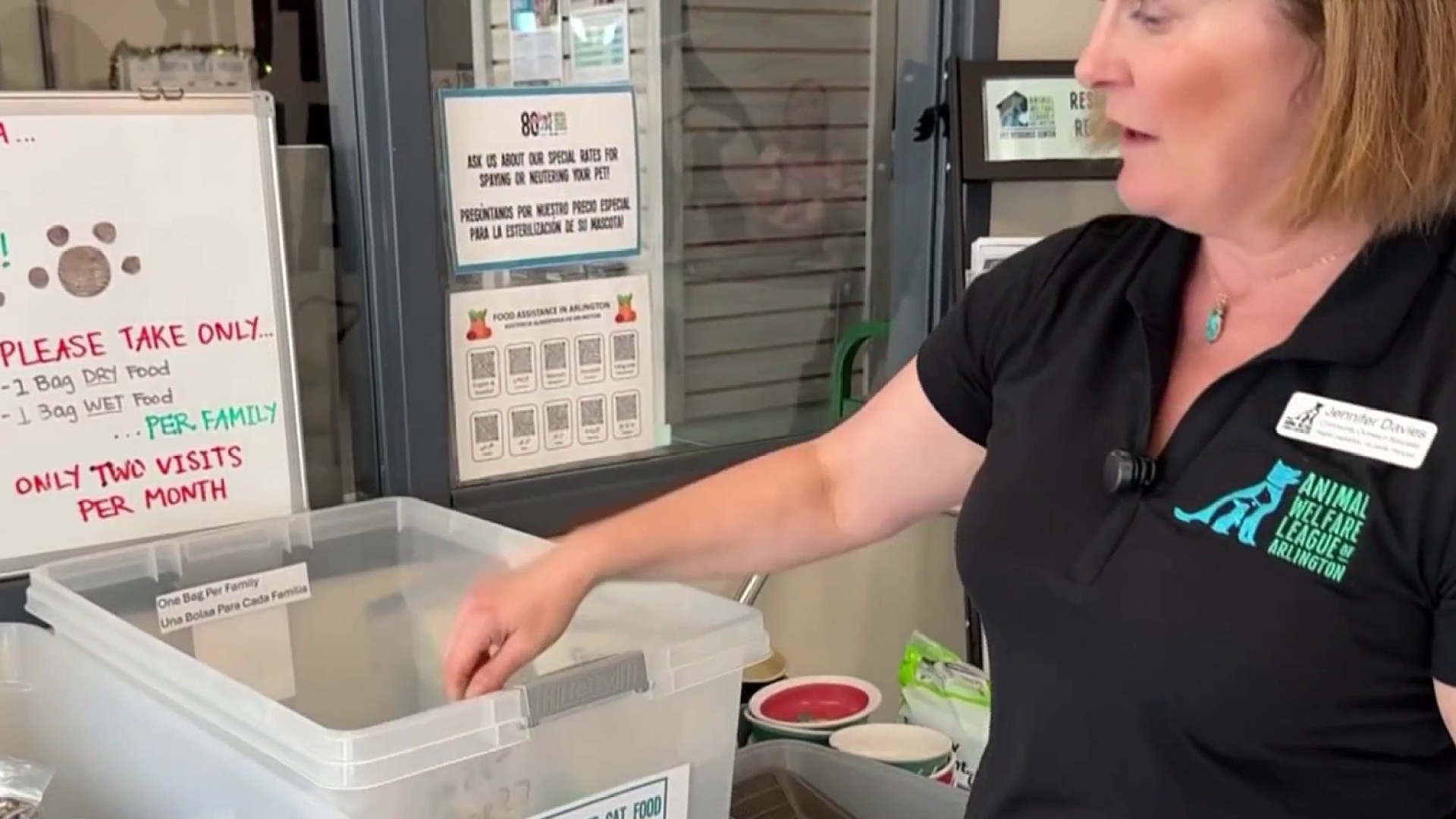Maryland state investigators are closely monitoring more than 2,000 of the state’s 9,000 registered sex offenders, according to an investigation by the News4 I-Team -- including monthly home visits, polygraph exams and reviews of the offenders’ computers.
The offenders include some of the most violent sexual criminals in the state and some of the state’s most recently convicted criminals. They are getting the extra monitoring in an effort to reduce the risk of the offenders committing additional sex crimes.
Records obtained from Maryland’s Division of Parole and Probation show 2,133 registered sex offenders are being regularly monitored by state agents. The agency monitoring program, known internally as the Collaborative Offender Management Enforced Treatment program, or COMET, deploys state agents across Maryland to visit and question sex offenders deemed to be a higher risk to the community.
The COMET program was developed in recent years, but unlike the public and interactive state sex offender registry, the addresses and other identifying details of the offenders who are included in the program remain confidential, the I-Team has learned.
One of the sex offenders who is monitored under the COMET program said he has been subjected to lie-detector tests to gauge his truthfulness and his likelihood for committing future sex crimes.
“They hook you up and monitor your vitals and your breathing. It’s very intimidating,” said the offender, a former school teacher who pleaded guilty to a sex crime with a student. He spoke with the I-Team on the condition of anonymity.
Other offenders who’ve been placed in the COMET program receive monthly home visits by agents, who ask questions about the offenders’ employment, finances and personal relationships.
Local
Washington, D.C., Maryland and Virginia local news, events and information
COMET investigator Tricia Bennett said, “If someone shuts down real easy or takes an aggressive posture (during at-home interviews), that’s a red flag.”
An agency memo detailing the COMET program said, “The approach is focused on discovering the nature of each offender’s abusive behavior and working to minimize the likelihood that he or she will repeat the behavior.”
State agents also use written score sheets to measure the likelihood of sex offenders striking again.
The scoring system asks agents to check, among many things, whether the offender has been drinking, “engages in lusty or inappropriate talk” or indulges in “self-pity.”
Agents are also monitoring the offenders’ proximity to children. The COMET program’s agents are advised by supervisors to determine, as an example, if the offender “regularly buys his milk at a corner store known to be a hangout for children.”
Another sex offender, who spoke with the I-Team under the assurance of anonymity said the questioning by state agents is more focused on finances and the stability of his home life.
“They ask about your routine, are you working or have you seen your psychologist?" he said.
The names on the COMET list are not publicly available, unlike the sex offender registry itself. A state official said the offenders supervised under the program include the people most recently convicted of sex crimes. It also includes sex offenders who’ve recently been convicted of other additional crimes.
State agents said the use of polygraphs helps agents with newly-convicted offenders by ensuring their openness and truthfulness. A state official said they’ve also used computer monitoring for offenders with child pornography convictions.
The number of men and women on Maryland’s sex offender registry has grown significantly in recent years. Local police continue to monitor all of those offenders to ensure the accuracy of the offenders’ home addresses, which are listed on the public sex offender registry website.
But the overwhelming majority of the registered offenders are no longer under COMET supervision.



